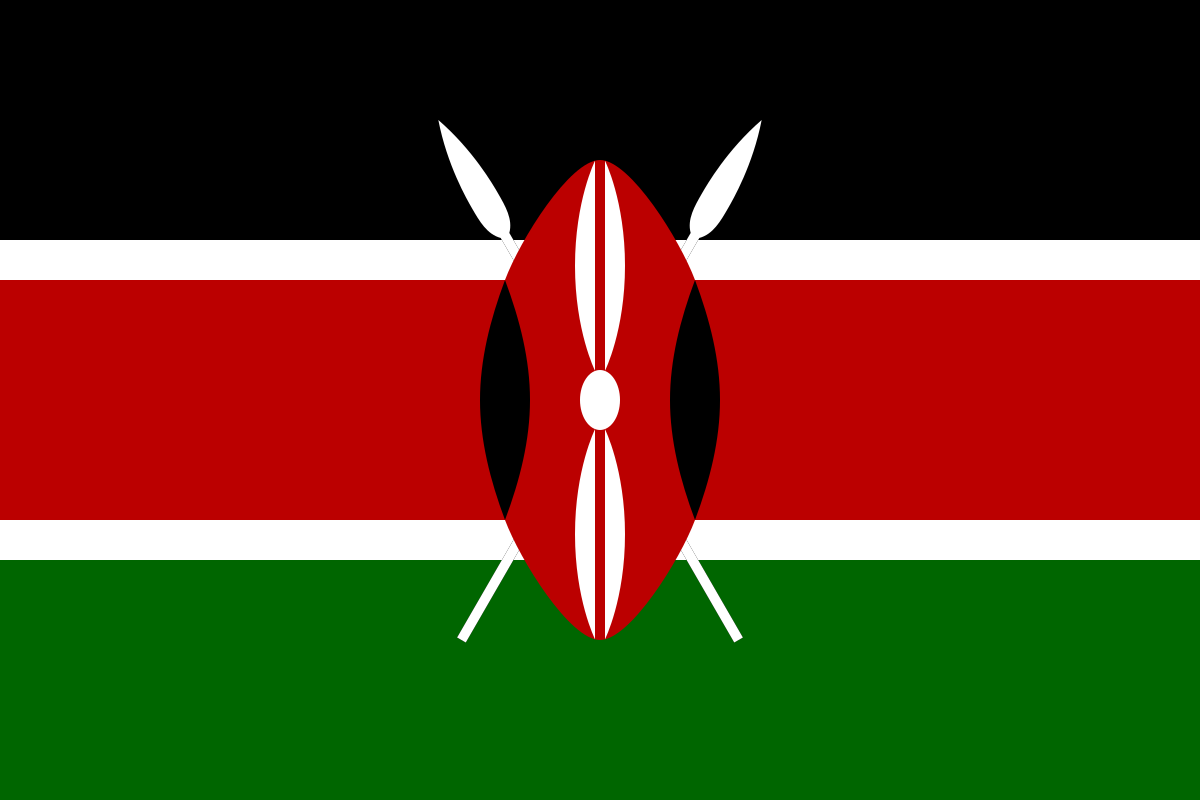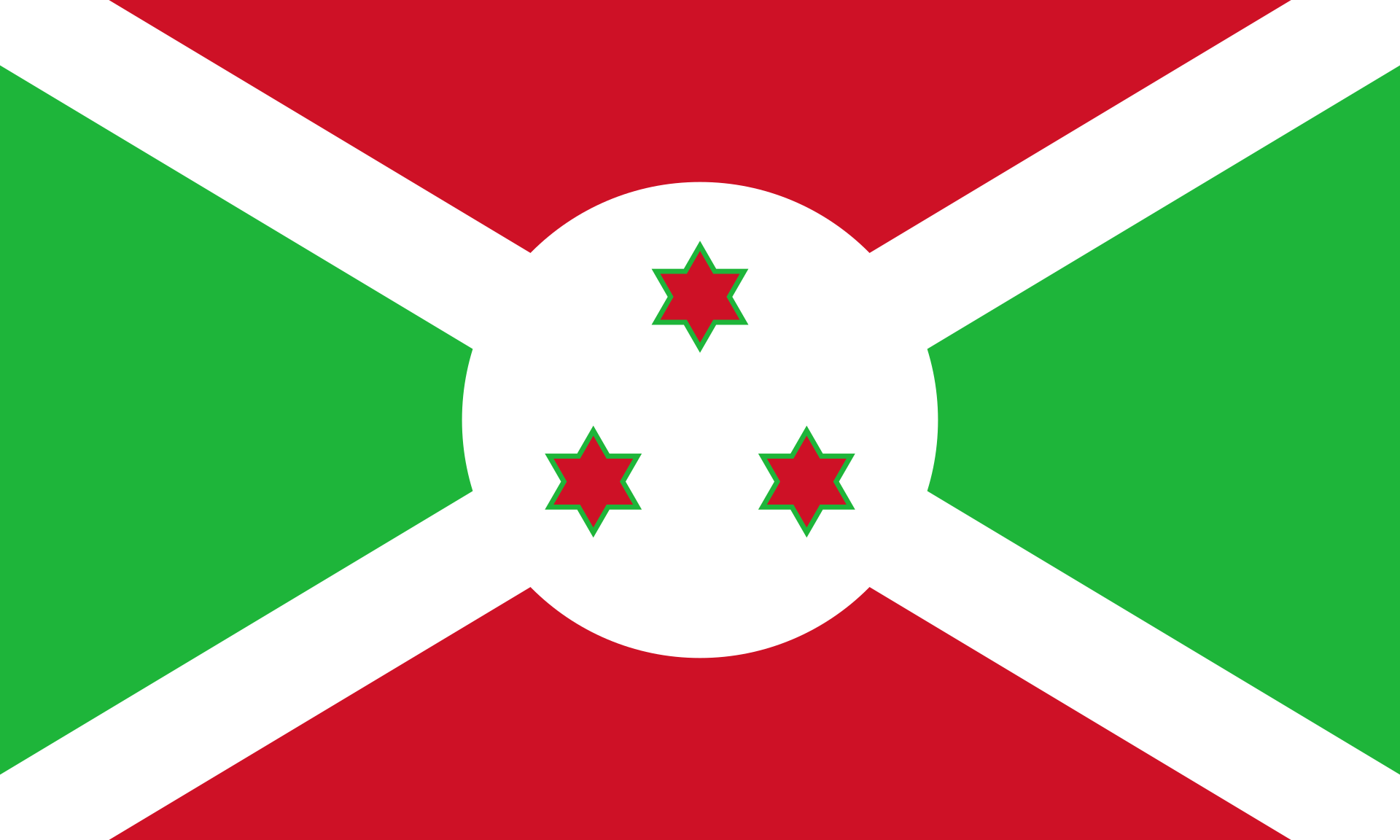Kenya has become the first messenger RNA (mRNA) hub in Africa after agreeing to host biotechnology company Moderna.
Moderna Monday announced that, with the help of the United States government, it will invest $500 million which is expected to cater for the production of about 500 million vaccine doses for the African continent.
The manufacturing company will start by producing drug substances that will be used in the manufacture of different vaccine types such as those for HIV, cancer and even Covid-19.
Later, the company will broaden its scope to a fill and finish design as well as the packaging of the vaccines, Moderna said in a statement.
"This partnership is a testament to the capabilities of our community and our commitment to technological innovation. Moderna's investment in Kenya will help advance equitable global vaccine access and is emblematic of the structural developments that will enable Africa to become an engine of sustainable global growth," said President Uhuru Kenyatta in a statement.
He said that it is “great news” to the country since Moderna is a pioneer company in mRNA technology that will provide an opportunity for the country to be a “centre of excellence”.
“mRNA is the latest technology that is not only used in the making of Covid-19 vaccines but also other vaccines for other diseases. We are looking forward to having the facility in the country as it will enable technology transfer not only for Kenya but also the African continent,” he said.
“This will also be an opportunity for Kenyans to get more jobs and investments since the company is in the private sector,” he added.
Moderna’s chief executive Stéphane Bancel said in a statement that the partnership with Kenya is a solution to the inequity witnessed in terms of Covid-19 vaccines distribution globally.
"Battling the Covid-19 pandemic over the last two years has provided a reminder of the work that must be done to ensure global health equity. With our mRNA global public health vaccine programme including our vaccine programmes against HIV and Nipah virus, and with this partnership with the Republic of Kenya, the African Union and the US government, we believe that this step will become one of many on a journey to ensure sustainable access to transformative mRNA innovation on the African continent and positively impact public health,” he said.
Open to partnerships
Health Cabinet Secretary Mutahi Kagwe said that the country is open to such partnerships and appreciates Moderna in building local manufacturing capacity.
“This will ensure as a country and region we can quickly respond to health demands requiring vaccine commodities," he said.
This also follows an announcement by the World Health Organisation on February 18 that six African countries, Kenya included, were to receive technologies that will help in producing mRNA vaccines such as Moderna and Pfizer.
The country also had plans to come up with a local vaccines manufacturing company called the Kenya Biovax Limited, which will be located in Embakasi, Nairobi.
In December last year, Mr Kagwe announced board members of the Kenya Biovax Limited.
The national Covid-19 vaccines task force chairman Willis Akhwale told the Nation that the Moderna company will complement the Kenya Biovax Institute.
“We must look at Biovax as a broader aspect and it will cater for health products and technologies. Either way, for Biovax to run, it will need an active pharmaceutical ingredient that the country was to import. Moderna having a facility here may support it in acquiring that,” he said. - HELLEN SHIKANDA, The EastAfrican







